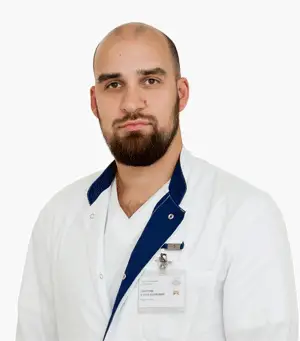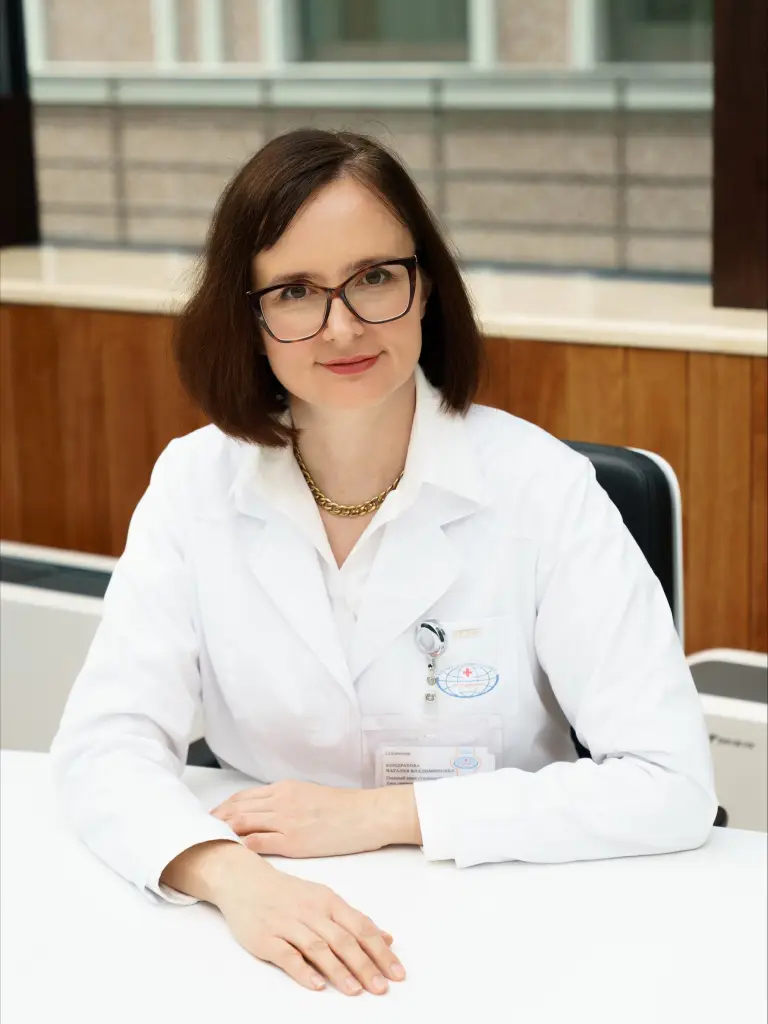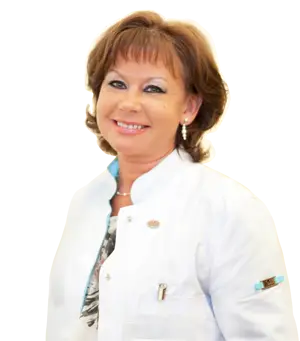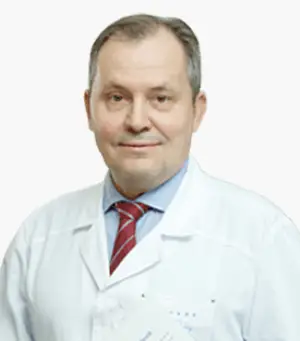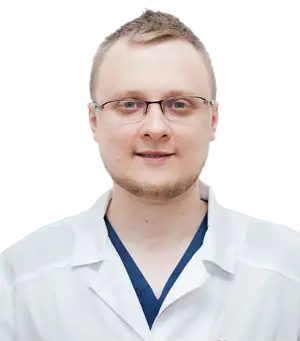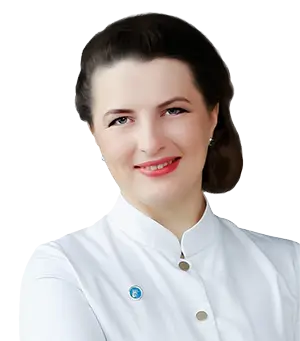External Enhanced Counterpulsation
The room of external enhanced counterpulsation started its work at the Center of Cardiologic Rehabilitation at out Clinic in the early 2010. We have accumulated extensive positive experience in the use of this modern high-technology clinical method. But the question “What is EECP?” still remains presently topical for some our colleagues and many of our patients.
External enhanced counterpulsation is:
- A modern noninvasive (non-surgical) and effective method for treatment of coronary heart disease (CHD) and chronic heart failure (CHF) recommended by the Russian Society of Cardiology (RSC), Russian National Society of Experts in Heart Failure (RNSEHF), the American College of Cardiology (ACC) and other professional medical communities.
- Method No. 1 in the new direction in clinical medicine - “regenerative cardiology”.
- A method for global improvement of circulation, microcirculation with a very wide range of therapeutic use.
- A method for therapeutic angiogenesis.
In modern EECP systems, the cuffs are applied to the patient’s legs; the air under subatmospheric pressure is pumped in the cuffs during the cardiac diastole progressively from the sure to the inferior part of the hip and then to its superior part and buttocks synchronously with the cardiac rhythm. This leads to retrograde arterial blood flow and increased diastolic pressure in the aorta, what, in its turn, results in enhanced coronary perfusion pressure and intensified myocardial blood supply (similar effects are observed in the systems of the carotid, mesenteric, renal arteries etc.). The venous return to the right chambers of the heart also increases. Abrupt air deflation from the cuff in the beginning of the ventricular contraction lowers the vascular resistance and, consequently, reduces the work of the heart. The difference between perfusion pressure in myocardial regions supplied by different arteries is observed in the patients with a significant stenosis of one or more coronary arteries. The increased perfusion pressure during the diastole results in opening and formation of collateral vessels and intensified blood supply of the hypoperfused myocardial region. A similar action is caused by counterpulsation in all other organ systems and that determines its wide clinical use.го участка миокарда. Подобное действие контрпульсация производит во всех других системах органов, что определяет ее широкое клиническое применение.
Recommended indications for EECP::
- Exertional stenocardia pectoris of functional class I-IV including the form which is resistant to conservative therapy.
- Angina pectoris recurrence after the coronary artery bypass graft surgery, stenting.
- Obliterating atherosclerosis of peripheral arteries.
- Arterial hypertension.
- Cerebrovascular ischemic diseases (ischemic stroke, transient cerebrovascular attacks, vertebrobasilar ischemia).
- Ischemic eye diseases (retinal central artery thrombosis, ischemic optic nerve damage, chorioretinopathies, retinitis).
- Erectile dysfunction of vascular genesis.
- Increase of exercise tolerance in athletes.
One may confidently say that the list will be reviewed and indications will be extended in the near future.
Contraindications include:
- Severe pathology of the valves (severe aortic valve insufficiency).
- Thrombophlebitis (phlebothrombosis), severe varicose disease, trophic ulcers.
- Severe uncontrolled arterial hypertension (> 180/110 mm Hg).
- Malignant arrhythmia with the heart rate > 135 or < 35 beats per minute.
- Severe pathology of central and peripheral vessels.
- Catheterization of the heart performed less than 2 weeks ago because of probable bleeding from the site of puncture of the femoral artery.
- Hemorrhagic diathesis, therapy with indirect anticoagulants with INR exceeding the target values.
- High pulmonary hypertension.
- Pregnancy.
Priority in the use of the new method belongs to American and Chinese researchers. The EECP has been widely used at many major medical centers of the US, Europe and Asia over the last two decades. The international patient register has been kept at the University of Pittsburgh since 1998. About 25000 patients with CHD and CHF who underwent and undergo the EECP treatment have been already registered. The follow-up duration is more than 10 years. More than 1500 EECP apparatuses have been in operation in the USA as of the second quarter of 2009. This method has been recognized and used for the treatment of patients nearly in 50 countries of the world.
External enhanced counterpulsation has been available for patients in Russia over the past decade.
While putting in practice the principle of its work “Best in medicine”, Meditsina Clinic offers the treatment with external enhanced counterpulsation to its patients.
The patients are received by Doctors-specialists with unique experience in the use of this method. The treatment is performed using the Lumenair-Vasomedical cardiotherapeutic Complex which is the best system of EECP technology in the world. Assisting patients suffering from cardiovascular diseases: coronary heart disease (CHD), chronic heart failure (CHF), arterial hypertension (AH) is our absolute priority. Following the principles of work of a modern multi-field clinic, we provide this treatment also to patients suffering from cerebrovascular ischemic diseases (ischemic stroke, transient cerebrovascular attacks, vertebrobasilar ischemia), ischemic eye diseases (retinal central artery thrombosis, ischemic optic nerve damage, chorioretinopathies, retinitis).
In response to the wishes of our colleagues andrologists, recently we included the program for treatment of erectile dysfunction in the list of services provided by the EECP room.
So, the EECP room works at the Center of Cardiologic Rehabilitation of our Clinic.
Ivan Vasilievich Shashenkov, physician-internist, cardiologist of Meditsina Clinic.
Doctors

